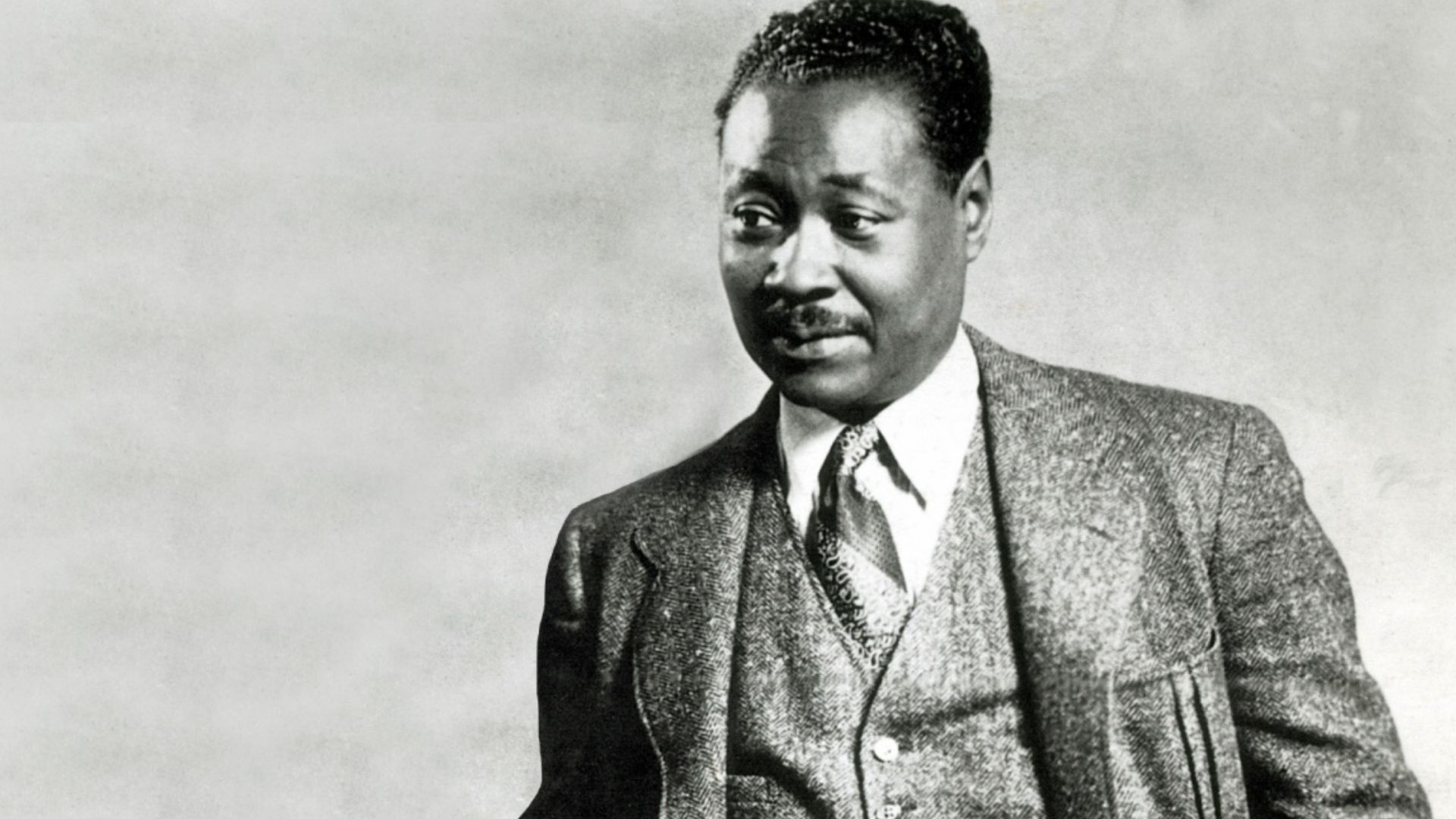If We Must Die Comments
If we must die, let it not be like hogs
Hunted and penned in an inglorious spot,
While round us bark the mad and hungry dogs,
Making their mock at our accursèd lot.
...
Read full text
Claude McKay is one of the best writers of sonnets in the West, and he conveys important civil rights messages all along the way.
Claude McKay is one of the best writers of sonnets in the Western literary tradition,
What is a noble death in a pandemic, or as a soldier because politicians failed in statesmanship, or in an accident.We must all make peace with death at some stage and accept it.
This poem was a response to racial violence. Don't broaden it's application if it's not fitting.
Great lines of poetry. A masterful creation exquisitely crafted with artistic brilliance.
boiiiiiiiiiiiii: the answer to your question is a resounding no
Mc kay's poem in Harlem Renaissance tradition is a nostalgic piece of reminiscence of the past and again is a poem of collective unconscious. The language is not filled with much of imagination or tropes but it's passionate and touching. The poem doesn't have a personal tone but encouragingly talking to a group of comrades and wants them to get united and fight against the oppressors.
A poem of fighting spirit, ' Pressed to the wall, dying, but fighting back'.
Useful to me in my warfaring A. D. 2019, July 26th, ~5:00 A. M. Pacific Daylight time.
my name is bob the fat guy and i love this poem its filled my fat guy needs. :) thank you black guy
Blog Post #3 (AML 2600 – 78641) If We Must Die by Claude McKay In Claude McKay’s work, If We Must Die, there is a creative mixing of elements that one would encounter in peasantry and those encountered in a military setting. Mr. McKay constructs the setting of soldiers in battle, but the circumstances and the creative mind of the reader informs that the fight is to free a displaced and enslaved nation. He speaks of being hunted and penned as would an animal or even a soldier being pursued by the enemy in a battle situation, and beyond that, one can think of the helpless slave caught in a clandestine rush to freedom, flushed out by dogs, tied, and returned to the cage of no freedom. To appeal for a noble death, like that of an honorable soldier, Claude McKay uses imagery to highlight the humiliation suffered in the death of the slave. His rallying call, “O kinsmen! We must meet the common foe! ”, is an inducement to men to come to the battle field and free their progeny all the while knowing their fate he says, “Like men we'll face the murderous, cowardly pack, Pressed to the wall, dying, but fighting back! ” Claude McKay’s final statement is fitting symbolism of the African American spirit in reference to their refusal to accept slavery. They “fought back” in the fields by generating biblical chants and call-outs that made vague references to freedom here on earth. If the overseer averted his eye, some struck out, heading north, following the well referenced “drinking gourd” to freedom. Mr. McKay followed the course of many African American literary geniuses in being able to concisely communicate a huge message in a small space poetically. He did so with the power that is inherent in his works and which also served as a catalyst to black readers. Mr. McKay’s writing gave the African American nation the desire to read and the strength to act.

Again, Claude McKay, Jamaican born, one, just one of many writers from the Harlem Renaissance era..